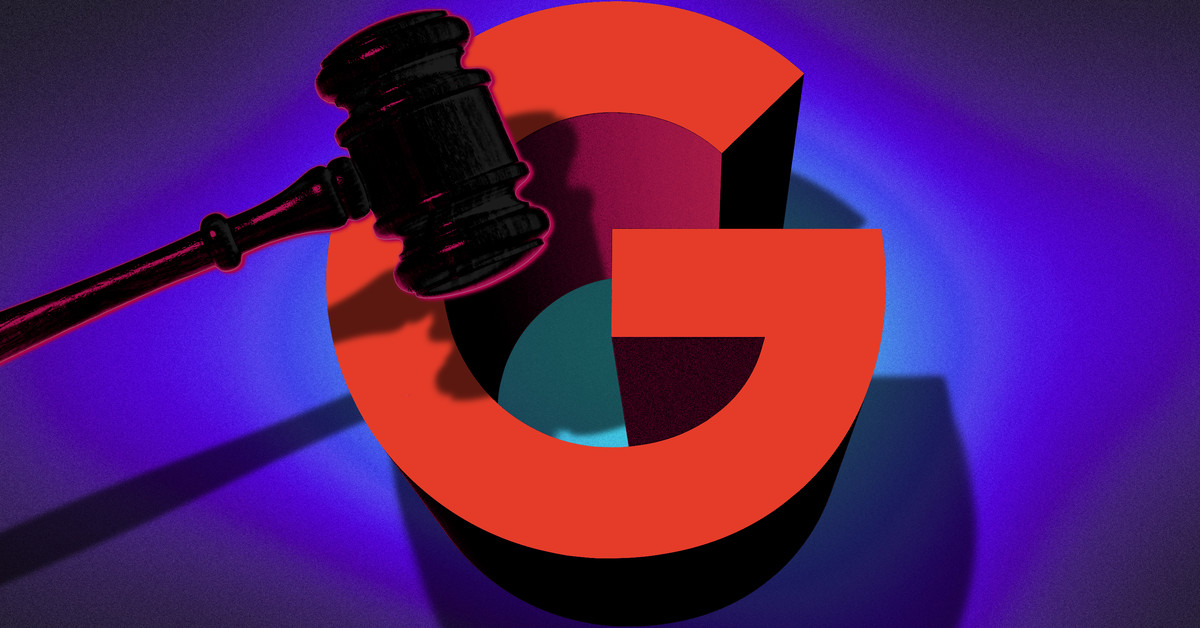A federal judge has ruled that Google has an illegal monopoly in the US. “The market reality is that Google is the only real choice” as the default search engine, Judge Amit Mehta said in his decision, and he determined it had gotten that way unfairly. It’s a ruling that could portend big changes for the company, but we yet don’t know how big, and we might not for years.
Mehta declared on Monday that Google was liable for violating antitrust laws, vindicating the Department of Justice and a coalition of states that sued the tech giant in 2020. The next step — deciding on remedies for its illegal conduct — begins next month. Both parties must submit a proposed schedule for remedy proceedings by September 4th and then appear at a status conference on September 6th.
I have used Google, DDG, Bing and Ecosia (which is basically Bing) at this point and ingl, none of them really stands out for its results. If anything, I think DDG and Bing beat Google.
Google might be the first company to create a monopoly out money and apathy. The apathy of users who don’t care about their search engine enough to even change the default.
Honeslty all search engines have gone to shit since the internet got polluted with AI-generated nonsense. Its a very hard problem to solve.
What happens now is that Google appeals and then the case will bounce around different courts for years to come, and maybe one day the supreme court will hear it assuming that US lasts that long as a country.
this could be bad for mozilla / firefox.
if Google can’t continue to try to increase / sustain their market share, they may stop paying mozilla to be thw default.
default what?
Maybe like a one million dollar fine? That’s a lot of money, you know.
Removed by mod
It’s hard to avoid google products when like 85% of sites have google’s tracjers embedded in them and advertising being their main business.
The most effective thing to do as consumers is to encourage other people not to use google products. The best way to do that is to foment outrage at Google.
Does anyone have a (link to a) good summary of the ruling and rationale?
I find the idea that “Google is the only real choice” kind of odd. There are other perfectly functional and user-friendly search engines. It’s not like other monopolies, say, Youtube, where there’s no realistic alternative. (I’m not denying that search is a monopoly too.)
Practices like getting Reddit to only work with Google instead of Bing are probably a big part of it.
Especially since Google search sucks these days.
Great, so now we get a Microsoft/Google duopoly. Rejoice… /sigh
You’d complain about a ton of gold being too heavy wouldn’t you?
I’m complaining about the lack of something real ever happening to these companies. Just because you’re too ignorant to understand what is(n’t) going on here, doesn’t mean that I’m complaining just for the sake of it.
Duopolys aren’t any better than Monopolies, except for the illusion of choice. They’ll move lock-step in line with one another, just like duopolys do, they’ll still use the same anticompetitive practices, but instead of getting fucked by one dick, now you’re getting fucked by two.
I’m glad you like being fucked so much that you’re rejoicing over this news, but I’d rather there be real competition.
How many companies does it take to not become an -opoly anymore?
It’s not really the number of companies that determines this, but rather the lack of any real competition. A small enough number of companies makes this more likely, so there’s not likely a hard number of say…over 5 companies isn’t an oligopoly, they can still be - so long as they’re all focused on each other. If you see 1 company raise it’s prices and all 4 others do too, then it’s still an oligopoly. Because even though they aren’t actively getting together, and saying “hey let’s all raise our prices!”, (collusion) - the effect is the same.
It ceases to be that when barriers to entry don’t stop new competition from entering, and competition is active. (at least, that’s the simplified answer; there’s some more nuance to it, but that should at least give an overall understanding)
deleted by creator







